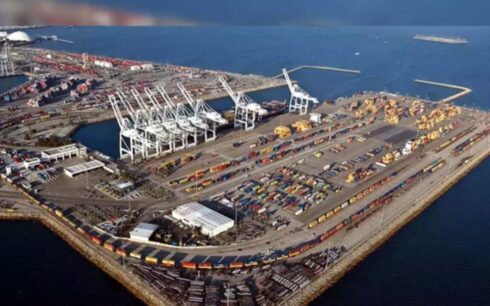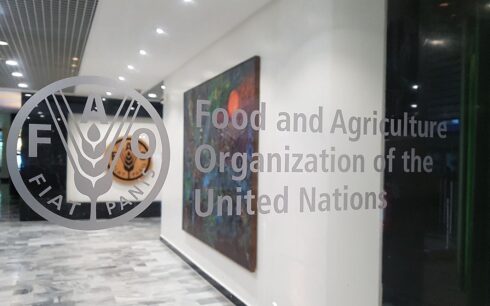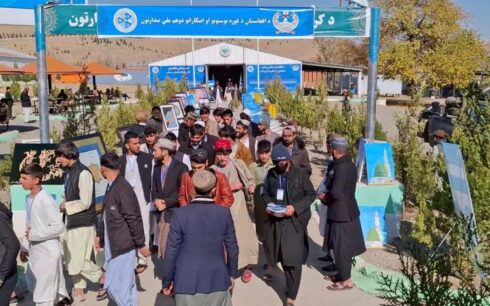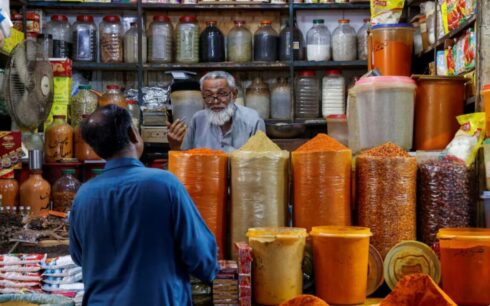TASHKENT — Uzbekistan’s Transport Minister, Ilhom Mahkamov, announced that the construction of the Trans-Afghan railway, a major infrastructure project aimed at enhancing regional connectivity, will take at least five years.
Speaking during the Week of International Partnership Initiatives in Tashkent, Mahkamov confirmed that an agreement for the project, which seeks to link Central Asia to key seaports in Pakistan, has been finalized, Daryo news reported on Sunday.
In an interview with Daryo, Mahkamov emphasized the scale and complexity of the undertaking, citing Afghanistan’s challenging terrain as a significant obstacle.
“The Trans-Afghan railway is an extremely large project,” Mahkamov said. “Its complexity lies in the territory of Afghanistan. However, our honorable president will be the primary initiator of this effort.”
Mahkamov noted that Uzbekistan has already begun discussions with multiple countries and is in the process of developing the technical and economic plans for the project. He anticipates that the foundation stone will be laid in 2025, with construction expected to take a minimum of five years to complete.
The Trans-Afghan railway, which will run from Termiz in Uzbekistan through Mazar-i-Sharif, Kabul, and Peshawar in Pakistan, is expected to drastically reduce transport times for goods moving between Central Asia and Pakistan.
Currently, it takes 35 days to transport cargo from Pakistan to Uzbekistan; the new railway could cut that time to just 3-5 days. Additionally, transportation costs for standard containers are projected to drop by nearly two-thirds, with freight volumes potentially reaching 10 million tons annually.
The railway will span approximately 760 kilometers from Mazar-i-Sharif to Torkham, eventually linking to the port of Karachi via Peshawar and Rohri. The total cost of the project is estimated at $4.8 billion.
Despite its promise, the project faces significant hurdles. Analysts from the Eurasian Development Bank have pointed to Afghanistan’s difficult mountainous terrain and the need for improved cooperation between Afghanistan and Pakistan as potential roadblocks. Pakistan’s railway infrastructure would also need substantial upgrades to handle the anticipated increase in freight traffic.
Security remains another critical concern. The instability in Afghanistan, where various armed groups remain active, poses a threat to large-scale transport and infrastructure projects, the report said. Political uncertainties in the region could further complicate long-term implementation and international collaboration.
Experts see the Trans-Afghan railway as a strategically important initiative for Uzbekistan, with the potential to significantly boost regional integration and economic development.





